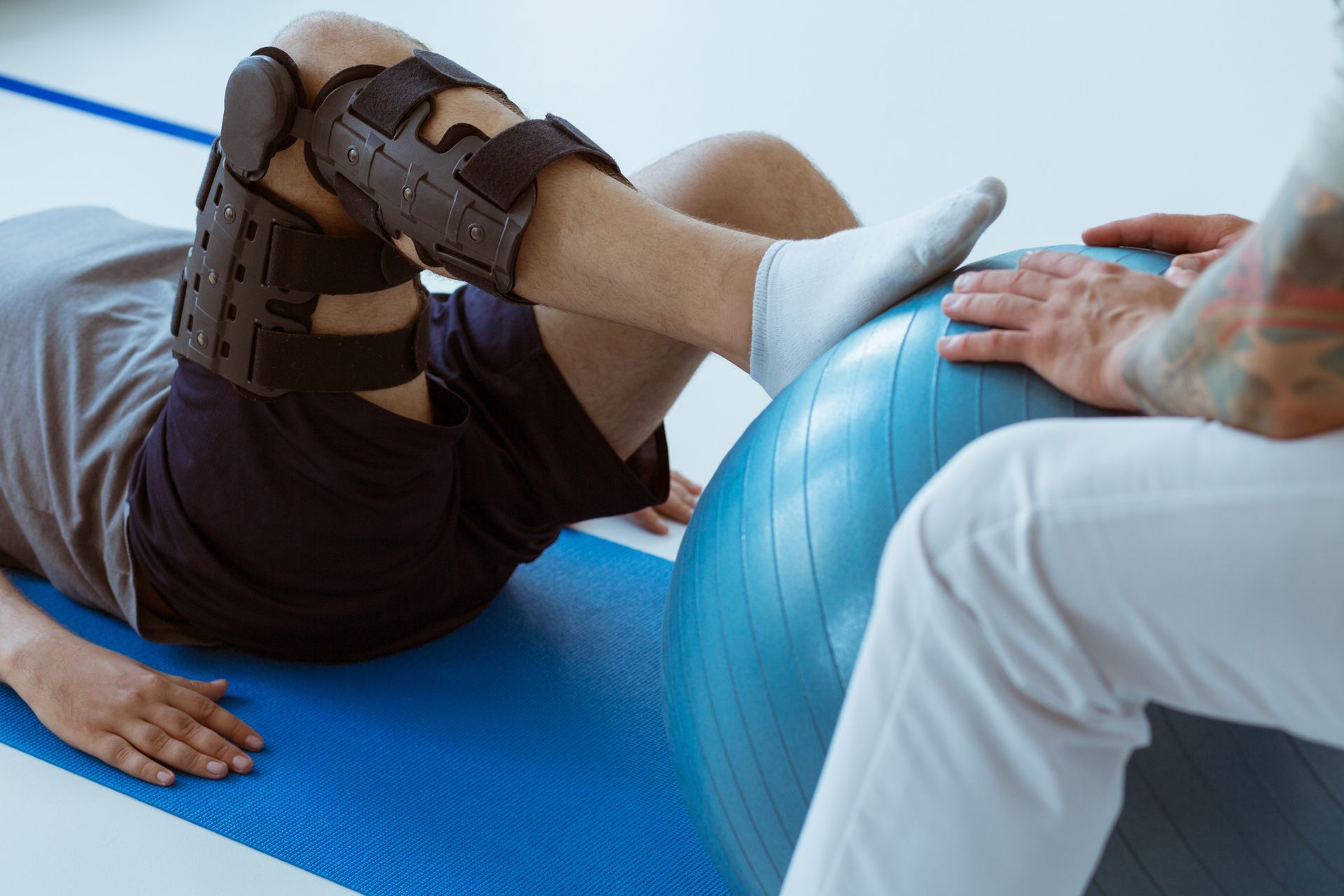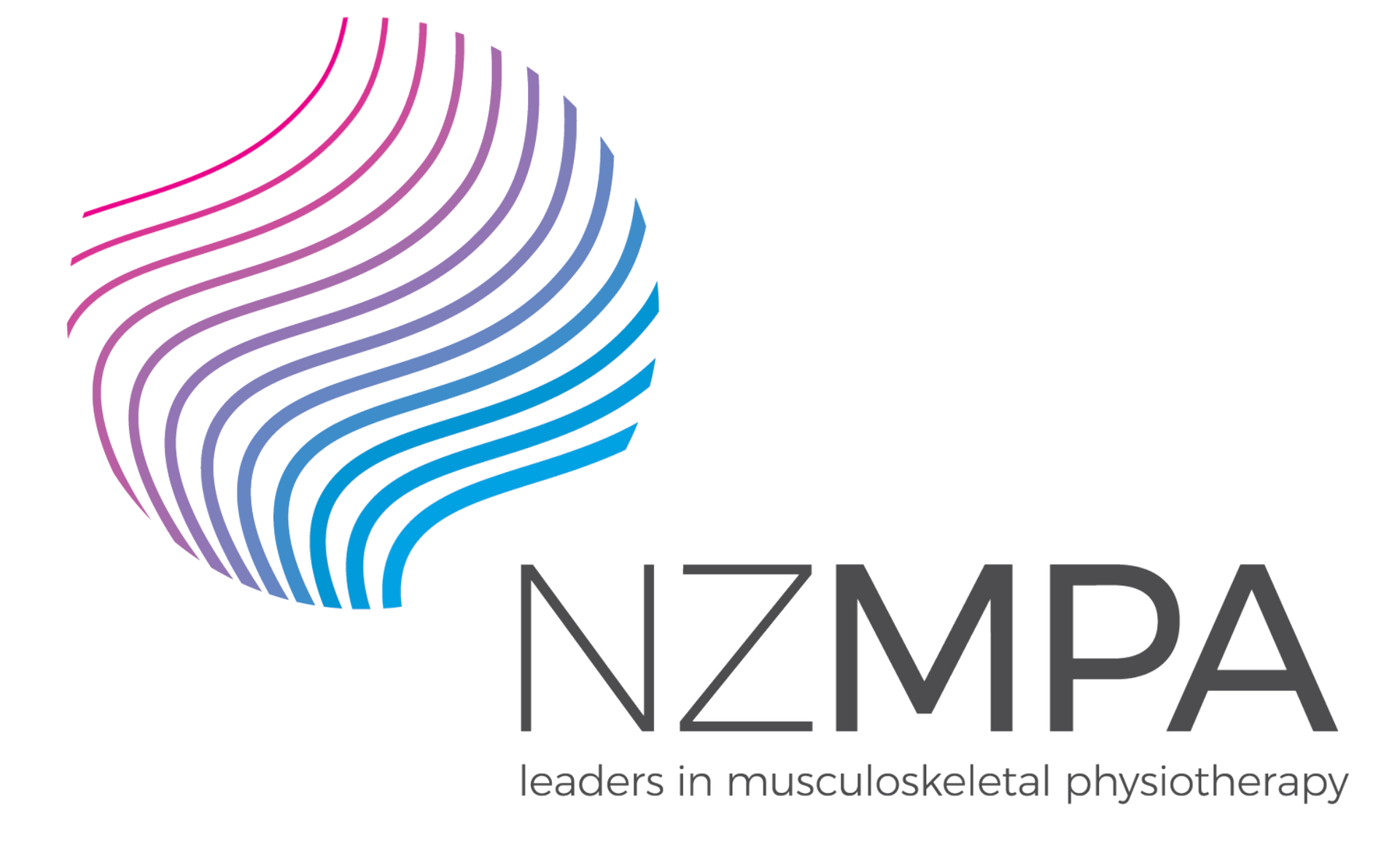8 reasons why you would benefit from seeing a physio before you get injured
Written by Yurri Hynson (M.Phty)
Most people would agree that prevention is better than cure when it comes to injury. You simply need to know what to do!

Injury prevention is all about doing things which help to prevent an injuring occurring at all. Physiotherapists are university trained experts not only with assessment and diagnosis but also with understanding human biomechanics.
A physiotherapist can assess your movement and determine whether or not there is a fault which can be corrected or influenced by doing a sequence of specialized exercises/activities. The importance of preventative health is crucial and should not be under-estimated.
In my role as a physiotherapist, I am constantly reinforcing simple strategies that people can undertake which can help stop injuries occurring. A really good indicator of underlying issues is that the lower the force required to cause you an injury, the more likely the injury is the direct result of underlying movement issues such as lack of mobility, lack of strength in specific muscles for a particular movement or technical fault of the movement.
Here are my top 8 reasons why you would benefit from seeing a physiotherapist before you get injured.
- Professional Athletes do it: Almost all professional athletes and sports teams have a physiotherapist. The physiotherapist’s primary role is to assess athletes for movement faults and correct them so that the athlete is less likely to develop an injury, because time off results in money loss.
- Its cost effective: Its much cheaper to sort out a hidden problem before it develops into a full-blown injury than what it is to cure the problem. In work places we call it EDI or early detection of injury, and it’s a widely accepted efficient way of managing injuries.
- Avoid the “pain” of injury: This doesn’t just refer to the actual pain of hurting yourself but also the inevitable disruption to your life. Usually, an injury leads to time off work or sport and that can be really annoying. In fact, an injury to an athlete often means that they miss selection for a team, or at work a constantly injured person may cause them to be looked over for a promotion or extra hours etc.
- One injury can lead to another injury: if an athlete starts the season with an injury there is evidence that the likelihood of developing another injury increases dramatically by as much as 100%. This makes perfect sense when you consider that while you are protecting one injury, you are likely opening the door to another one because you are moving differently. Usually moving differently creates a movement fault. When tissue is stressed in abnormal ways it tends to break down.
- No pain does not mean no injury: pain isn’t a reliable indicator of injury or tissue wellness. Oftentimes injuries creep up on you like car rust, at first it is hardly noticeable but then one day its very noticeable. In fact, sometimes pain may be the last indicator of injury.
- Better performance: sure, you may not recognise that you have a movement fault, however for those that do (e.g., learning how to bend and lift correctly) it can lead to a much better quality of life and ultimately improve your ability to participate in a wide range of activities comfortably.
- What you don’t know, can actually hurt you: usually it’s the other way around, however when it comes to health if you leave something to basically fester then eventually the problem will catch up with you and start to interrupt your life. Athletes absolutely recongise their weaknesses and get them sorted quickly, however non-athletes usually don’t recognise they have an issue unless there is something that they specifically can no longer do e.g., kneel, throw, lift overhead etc. Sometimes the horse has bolted, you already have an injury, and it may not cause a lot of pain because you have stopped doing anything that makes it hurt. Doing that is not a cure, in fact it is only making it harder to fix.
- Your physio has skills to help: Its pretty rare that you will know more than your physio, so its probably a wise move to get a full assessment and check that your movement is optimal. I would add that in a similar way that you should get annual blood tests and mole maps when you get to about 50, it’s a good idea to think about having check ups with your physio even if it is just for more mobility, core or strength exercises. Over time you will improve if you consistently work at it. In that sense you are partnering with your physiotherapist.
At KCP Physiotherapy we have a large team of very experienced physiotherapists who can assist you with a wide range of injuries and movement disorders. We have literally thousands of exercises at our disposal which we can use to assist you. If you are not sure whether we can help, perhaps give us a call and we can have a quick chat and see if your issue is within our scope of expertise.








